Germany is urging everyone in the country to do their bit and cut down on energy usage ahead of winter.
It’s part of an effort to save on gas over fears of shortages and amid rising energy costs, and to reduce dependence on Russian gas imports as much as possible.
Although many German cities have already started trying to do their bit – by dimming down lights on monuments or only offering cold showers at swimming pools – the German cabinet is also imposing measures on residents, businesses and public bodies such as churches.
READ ALSO: Cold showers to turning off lights: How German cities are saving energy
Since gas is used to generate electricity in Germany, electricity consumption is also being reduced.
Germany’s Economy and Climate Minister Robert Habeck (Greens) said solidarity was needed.
“We are facing a national effort, and it needs a strong interplay between the state, business and society; between the federal government, the states, local authorities, social partners, trade unions, associations, and civil society,” he said. “Every contribution counts.”
According to estimations, gas consumption could be reduced by about two percent as a result of the regulations.
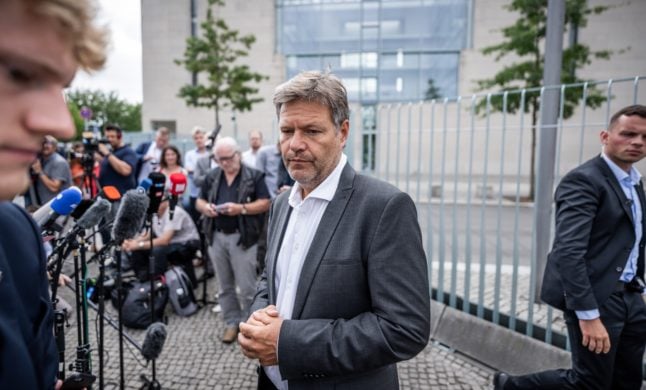
“We still have a long way to go,” said Habeck, calling the situation in Germany “tense”.
The two orders based on the so-called Energy Security Act aim to save energy for the colder months.
The measures, which start in September, include:
- Public buildings and monuments are no longer allowed to be lit up at night
- Shop windows have to turn off lights in their windows from 10pm to 6am
- The rules also state that shops that keep their doors open for a long period of time “which results in a loss of heat” can no longer do that – unless it is “necessary for the function of the entrance or exit as an escape route”
- In public buildings, offices should be heated only to 19C. Hallways and foyers are not to be heated at all, if possible. The previous recommended temperature was 20C
- Public buildings (excluding hospitals and care facilities) should offer only cold water for hand washing
- Private pools heated by gas or electricity can no longer be heated
- Tenants in Germany will get more leeway to save energy. Currently, there are clauses in some leases that stipulate a minimum temperature in rented rooms. This means that if these tenants want to turn the heating down, they are in breach of their contracts. These contractual obligations are to be temporarily suspended
- Gas suppliers and landlords of apartment buildings will be required to inform their tenants about their expected energy consumption, costs and ways of saving energy
READ ALSO: Germany to order lights off in shop windows at night
These regulations will initially apply for six months.
A second regulation, which must be approved by the Bundesrat and will apply until 2024, will require regular inspections of gas heating systems for the next two years, as well as the replacement of inefficient pumps.
Companies with an energy consumption of more than ten gigawatt hours per year will be required to implement energy-saving measures from October, provided they are profitable for them.
The cabinet also approved a joint legal ordinance by the Economy and Transport Ministry.
It foresees that energy transport by rail will be given priority in future in order to safeguard the operation of power plants and refineries.
Transport Minister Volker Wissing (FDP) said: “This is not an easy decision, because it means that in these cases other trains have to wait.”
READ ALSO: Germany priorities fuel cargo on rails over energy crunch
Will there be any further measures?
That’s unclear at the moment. Authorities are keen to avoid ordering people to turn down temperatures in their own home – not least because this would be very difficult to check.
The hope is that people will voluntarily save on energy, especially due to the rising prices.
There has also been talk in the past about urging people to work from home to save energy – however that could prove pricier for ordinary residents.
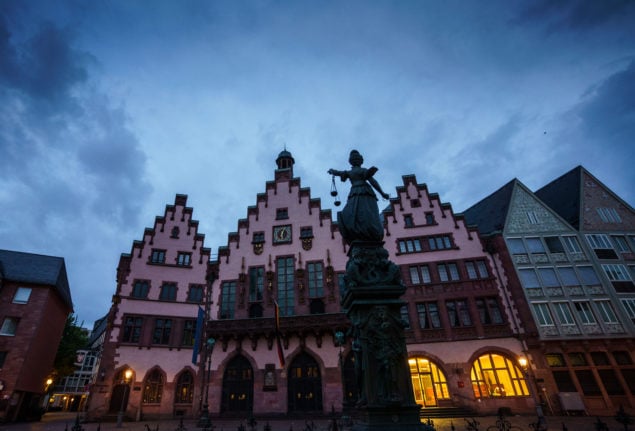
How will all this be monitored?
It’s a good question. Earlier this year, Economy Minister Habeck had said that there wouldn’t be checks carried out on people’s swimming pools, for instance.
The German Association of Towns and Municipalities said this week that local authorities were not in a position to check compliance on the likes of businesses.
The association’s chief executive, Gerd Landsberg, told German daily Bild that it would “not be possible,” to check whether store doors are closed around the clock.
In the end, it “always comes down to people’s common sense” he said.
READ ALSO: Germany on track to fill gas storage facilities ‘to 85 percent’

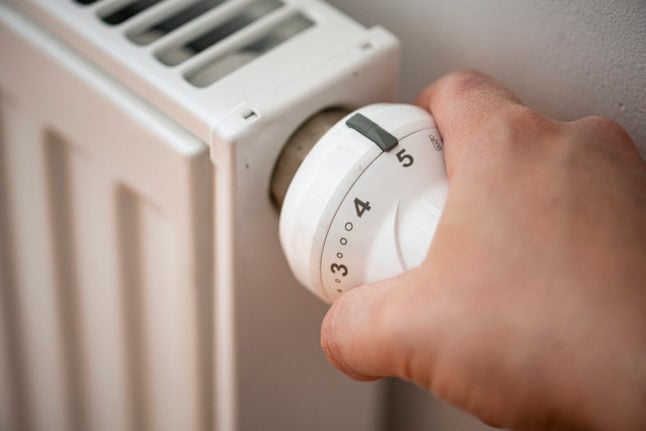
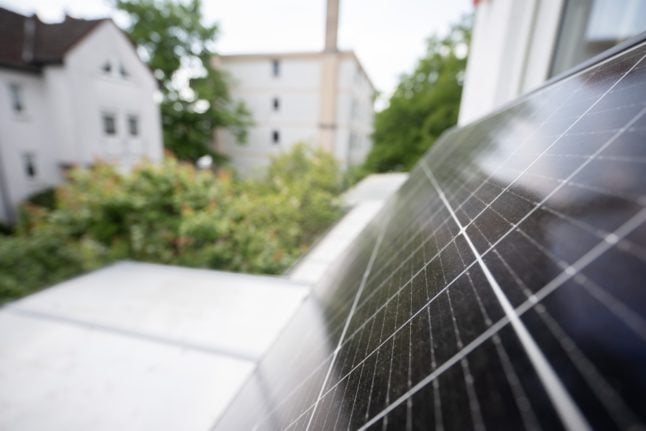
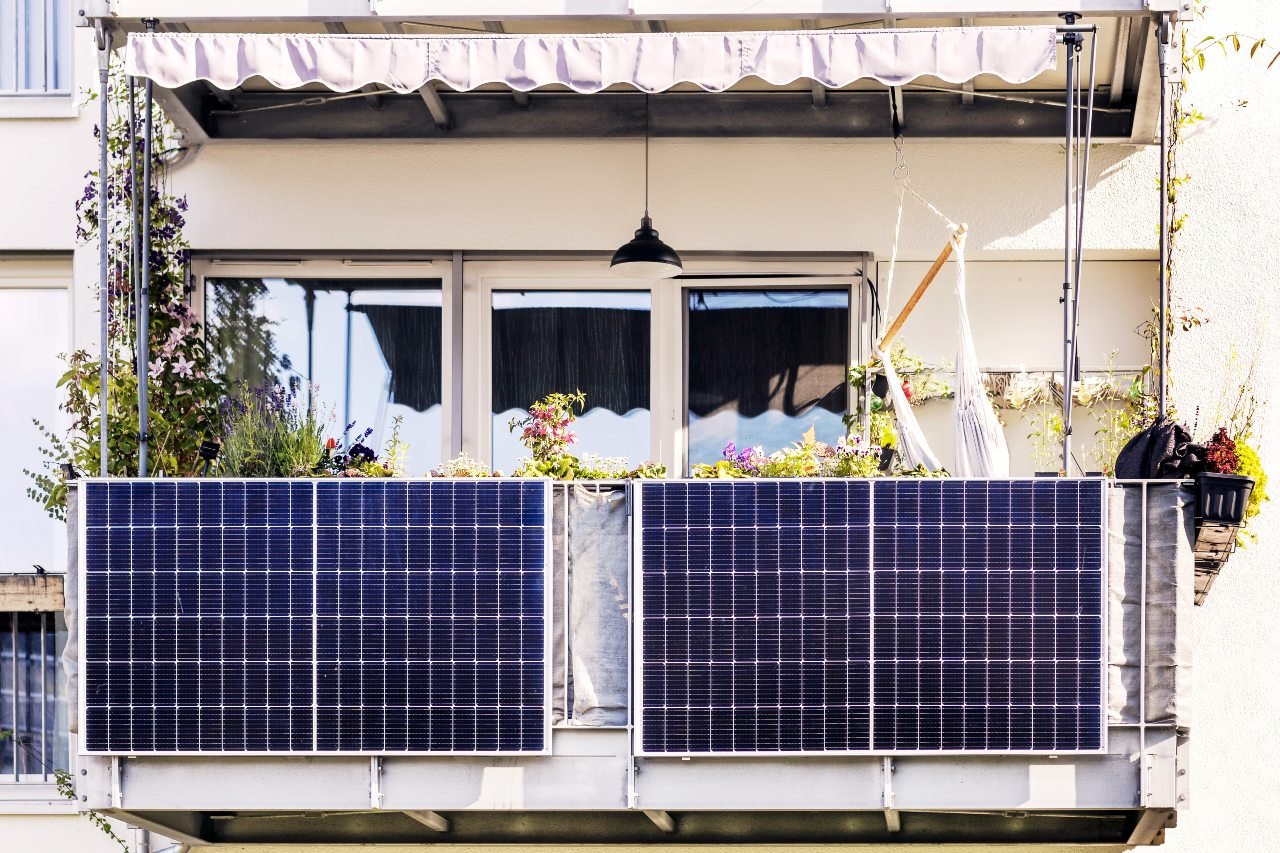
 Please whitelist us to continue reading.
Please whitelist us to continue reading.
Member comments